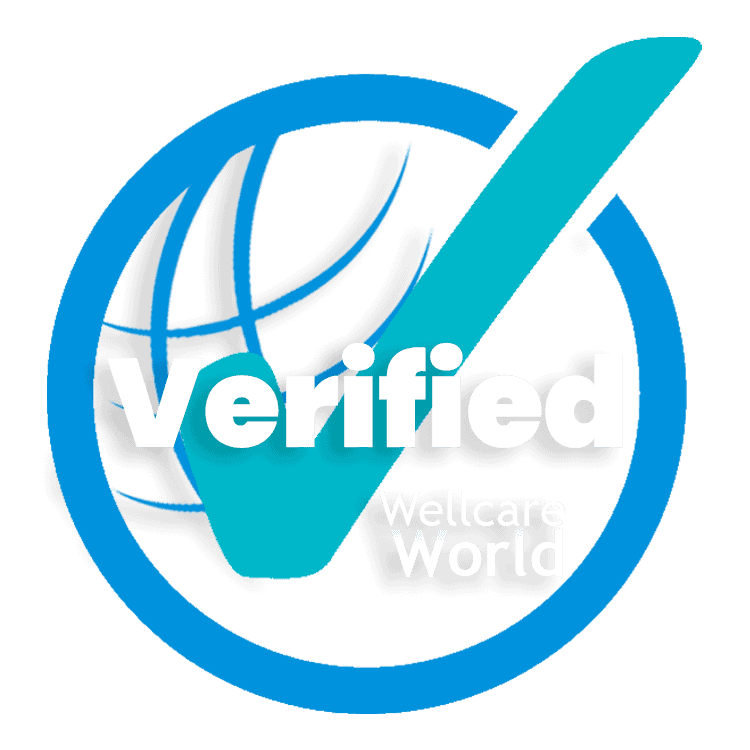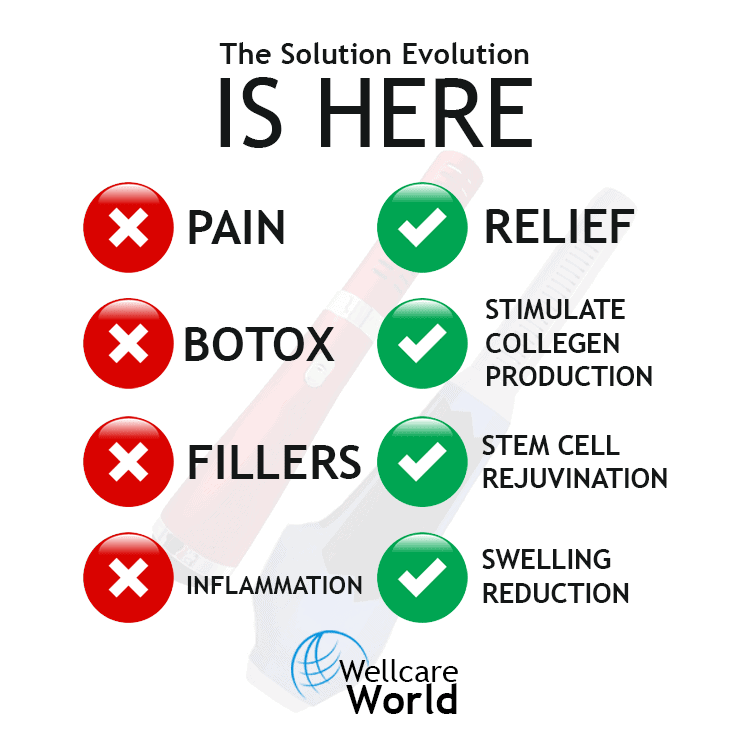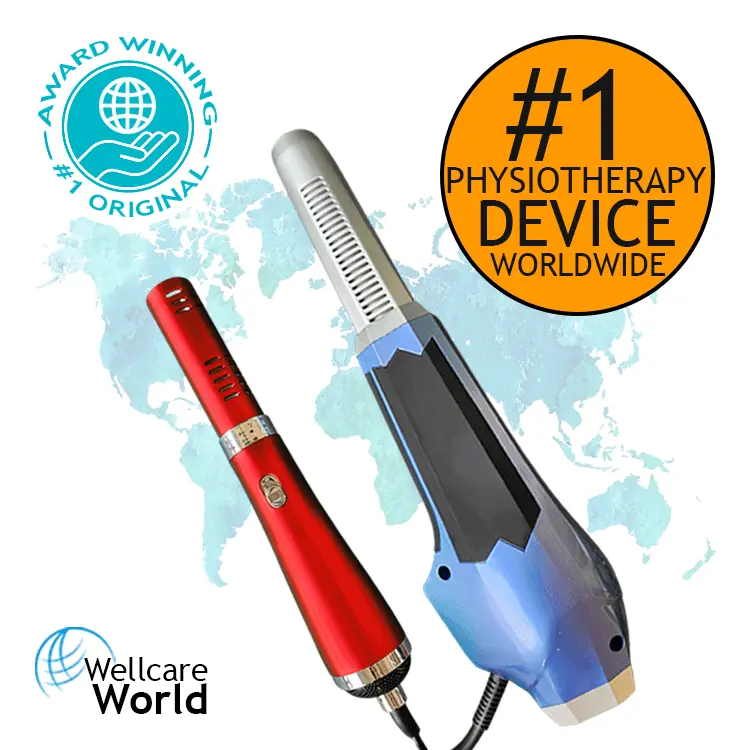The Scottish Mental Health Law Review (SMHLR) final report (see summaries and recommendations; also see previous post about interim report) is intended to shift mental health and capacity law from being too focused on
authorizing and regulating actions which may limit a person’s autonomy, to one
where a person’s rights are respected, enabled and fulfilled. It recognizes that the United Nations Convention on the Rights of People with Disabilities (UNCRPD) (see eg. previous post) has provided an impetus for a shift in how states respond to disability rights.
UNCRPD was signed by the UK in 2007, came into force in 2008 and was formally ratified by the UK in 2009. The Scottish Review did not take an absolutist approach to UNCRPD, by which it meant “tearing down the whole house – pulling all our existing systems down and starting from scratch”, which it did not see as yet possible or even necessarily desirable.
The Human Rights Enablement (HRE) framework, established within the Scottish Mental Health Law Review (SMHLR), emphasizes the promotion of supported decision making (SDM) rather than substitute decision making. It also incorporates an Autonomous Decision Making (ADM) test to enable non-consensual intervention when necessary to safeguard the rights of individuals and others. This article explores the principles of the HRE framework and the careful assessment required when considering the deprivation of liberty to protect human rights.
- Supported Decision Making and Autonomy:
Both the United Nations Convention on the Rights of Persons with Disabilities (UNCRPD) and the SMHLR prioritize the use of a supported decision making approach. This approach empowers individuals to make decisions with appropriate support, rather than having decisions made for them. It upholds the principle of autonomy, recognizing the inherent dignity and agency of individuals in exercising their rights.
- Human Rights Enablement Framework:
The HRE framework, within the SMHLR, aligns with the principles of SDM and emphasizes the enablement of human rights. It seeks to provide individuals with the necessary support and resources to exercise their rights effectively. The framework places a strong emphasis on respecting and fulfilling the human rights of individuals within the context of mental health care and decision making.
- Balancing Deprivation of Liberty:
In situations where there is a need to protect the rights of an individual or others, the HRE framework incorporates an ADM test. This test allows for non-consensual intervention but only to the extent necessary and for as long as needed. The evaluation of any deprivation of liberty should consider the potential advantages against the potential harms to human rights.
- Justifiability and Court/Tribunal Orders:
Significant harms to certain human rights can be justifiable only in exceptional circumstances, where there are significant overall advantages in the respect, protection, and fulfillment of the person’s human rights. In cases where deprivation of liberty is deemed necessary, a court or tribunal may grant a Standard Order for Deprivation of Liberty to preserve the person’s overall human rights. In urgent situations threatening life or health, an Urgent Order for Deprivation of Liberty may be granted.
Conclusion:
The HRE framework within the SMHLR upholds the principles of supported decision making and emphasizes the enablement of human rights. By considering the justifiability of any deprivation of liberty and utilizing an ADM test, the framework aims to strike a balance between safeguarding rights and protecting individuals and others in exceptional circumstances. Through a careful and rights-based approach, the HRE framework seeks to promote autonomy, dignity, and the overall well-being of individuals within the mental health context.
The opinion of the Review was that law reform can help reduce coercion, although it is only part not the whole answer. Reduction of coercion does need to be a priority of services in general. The problem with the reforms in England and Wales is that, although motivated to reduce detention and inequalities, there was no wholesale reform as in Scotland to a Human Rights Enablement framework. It will be interesting to see how mental health law develops in Scotland compared to England and Wales. The Scrutiny Committee is taking its final oral evidence today (see event and previous post).

Offered by our Wellcare World friend at
Trending Also -> Physiotherapy Terahertz Technology TeraMD
Wellcare World specializes in providing the latest advancements in wellness technology, supplementation, and lifestyle changes that improve health and increase the quality of people's lives. To learn more, visit WellcareWorld.com and begin living a better life today.
Share Us With Others









